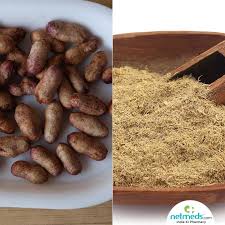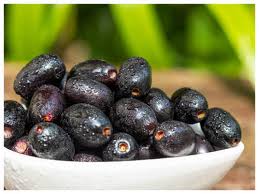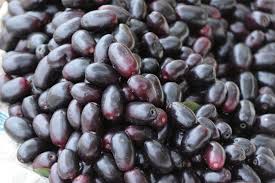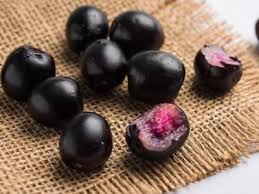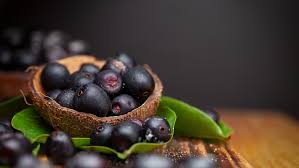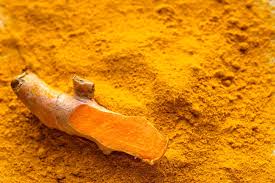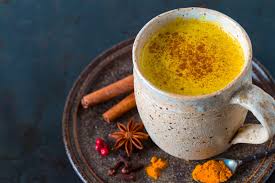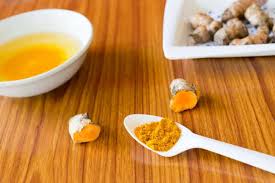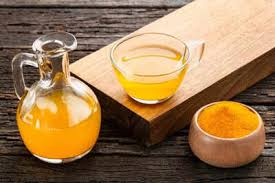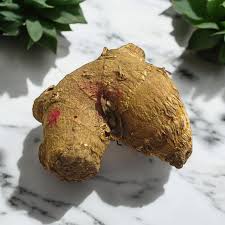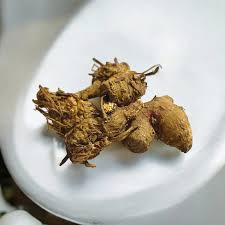
Ancient Ayurvedic Herbs: Benefits & Uses for Modern Health
Ayurveda, the ancient Indian system of medicine, has been using powerful herbs for thousands of years to promote health, balance, and longevity. These Ayurvedic herbs are still relevant today, offering natural solutions for common health issues like stress, immunity, digestion, and overall well-being. With people shifting towards holistic and chemical-free healing methods, Ayurvedic herbs have become a preferred choice for maintaining a healthy lifestyle. This guide explores some of the most potent Ayurvedic herbs, their benefits, and how to use them in daily life for modern health and wellness.
Long Description
1. What Are Ayurvedic Herbs?
Ayurvedic herbs are medicinal plants used in Ayurveda for treating various ailments and promoting longevity. These herbs are 100% natural, plant-based, and free from synthetic chemicals, making them ideal for holistic healing. Ayurvedic herbs work by balancing the three doshas—Vata, Pitta, and Kapha—ensuring harmony between the body, mind, and spirit.
2. Top Ancient Ayurvedic Herbs & Their Benefits
1. Ashwagandha (Withania Somnifera) – The Stress Reliever
- Reduces stress and anxiety by lowering cortisol levels
- Enhances stamina, endurance, and physical performance
- Boosts brain function and memory
2. Brahmi (Bacopa Monnieri) – The Brain Booster
- Improves cognitive function and memory
- Enhances focus and concentration
- Reduces mental fatigue and stress
3. Tulsi (Holy Basil) – The Immunity Enhancer
- Boosts immune function and fights infections
- Helps in respiratory health and reduces cold symptoms
- Acts as a natural detoxifier and anti-inflammatory agent
4. Neem (Azadirachta Indica) – The Skin & Blood Purifier
- Treats acne, eczema, and other skin conditions
- Purifies the blood and supports liver function
- Boosts oral health and prevents gum diseases
5. Amla (Indian Gooseberry) – The Vitamin C Powerhouse
- Enhances immunity and fights free radicals
- Promotes healthy skin and hair growth
- Improves digestion and supports heart health
6. Shatavari (Asparagus Racemosus) – The Female Health Tonic
- Supports hormonal balance in women
- Enhances fertility and reproductive health
- Boosts lactation in new mothers
7. Guggul – The Cholesterol Controller
- Helps in reducing bad cholesterol (LDL)
- Supports weight management and detoxification
- Improves joint and bone health
8. Mulethi (Licorice) – The Throat Soother
- Relieves sore throat, cough, and respiratory infections
- Supports digestive health and reduces acidity
- Acts as an anti-inflammatory and antioxidant
9. Triphala – The Digestive Detoxifier
- Supports digestion and prevents constipation
- Cleanses the colon and detoxifies the body
- Improves gut health and enhances nutrient absorption
10. Turmeric (Curcuma Longa) – The Anti-Inflammatory Powerhouse
- Reduces inflammation and joint pain
- Supports liver detoxification and boosts immunity
- Enhances skin health and fights acne
3. How to Use Ayurvedic Herbs in Modern Life?
- Herbal Teas – Tulsi, Brahmi, and Mulethi can be made into teas for daily consumption.
- Ayurvedic Powders – Ashwagandha, Shatavari, and Triphala can be mixed with milk or water.
- Herbal Capsules – Available in supplement form for easy use.
- Essential Oils – Neem and Turmeric oils are great for skin and hair care.
- Superfood Smoothies – Amla and Turmeric can be added to smoothies for an extra health boost.
4. Where to Buy Authentic Ayurvedic Herbs?
- Certified Ayurvedic stores and herbal markets
- Trusted online platforms selling organic herbs
- Government-approved Ayurvedic brands
5. Precautions & Side Effects
- Always consult an Ayurvedic expert before consuming strong herbs.
- Follow recommended dosages to avoid potential side effects.
- Pregnant and lactating women should seek professional advice before using herbal supplements.


